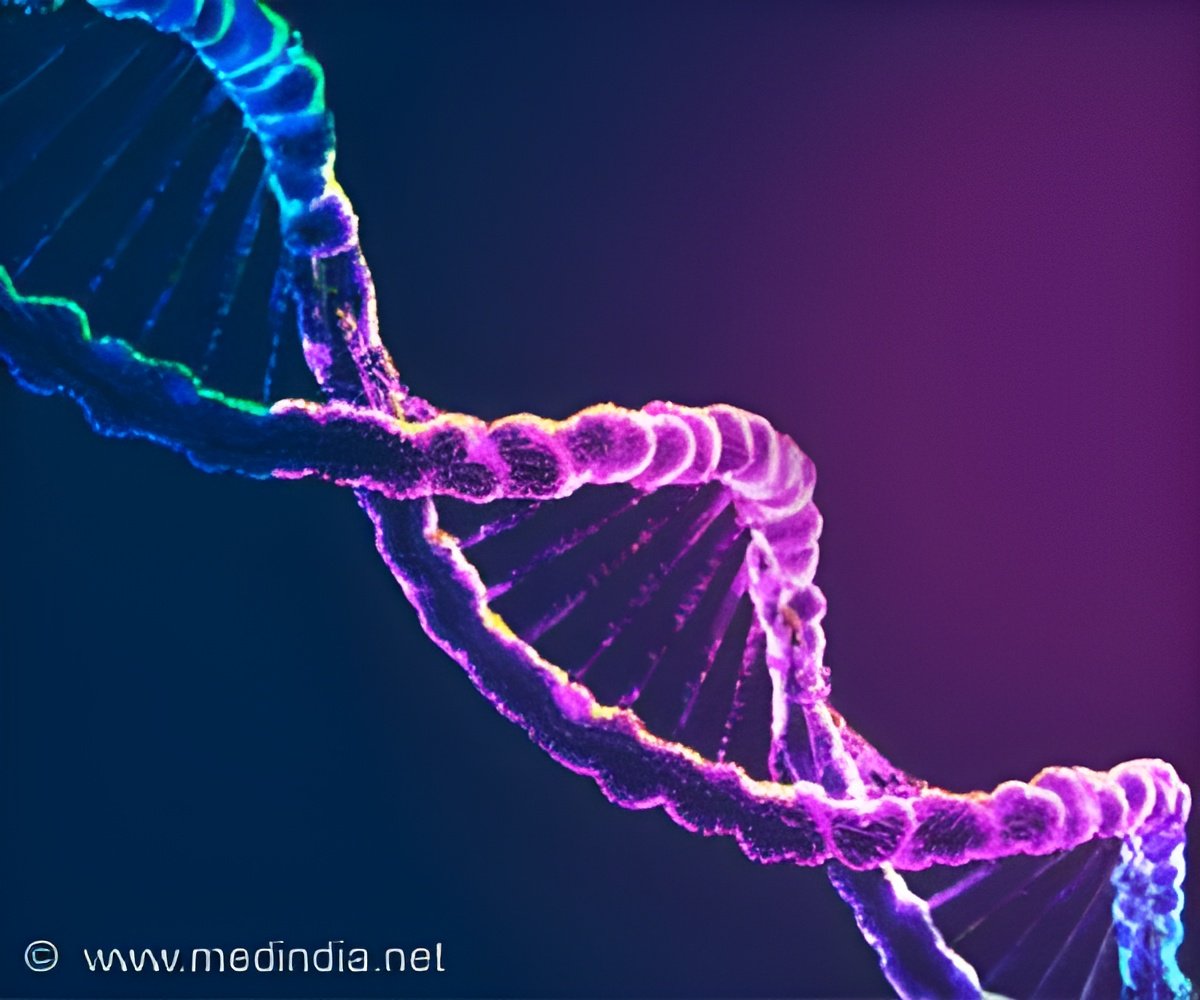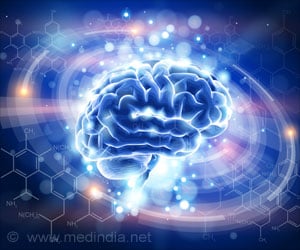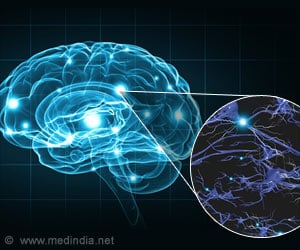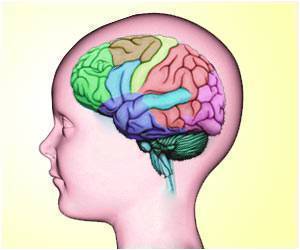
‘200 mutations in the non-coding part of the human DNA found to play a functional role in cancer.’
Tweet it Now
"Most cancer-related mutations occur in regions of the genome outside of genes, but there are so incredibly many of them that it's hard to know which are actually relevant and which are merely noise," said senior author Trey Ideker, PhD, professor at UC San Diego School of Medicine and Moores Cancer Center. "Here for the first time we found about 200 mutations in non-coding DNA that are functional in cancer -- and that's about 199 more than we knew before." When doctors and scientists refer to "cancer genes," they're usually talking about the several hundred known genes that, when mutated, clearly help drive tumor formation and growth. When mutations occur within genes, they can shut down production of the protein that the gene encodes, or cause a malfunctioning version to be produced. For some of these cancer-related gene mutations, there are therapies that specifically target the mutation to inhibit tumor growth, an effort known as personalized or precision medicine .
Ideker and team wondered about all of the other, non-coding mutations in cancer. Almost no patient with cancer gets the same mutations. So what are all these mutations doing? Are they just noise? Or are they functional? And how do they differ between patients?
Researchers had previously tried looking for an answer in The Cancer Genome Atlas (TCGA), the National Institutes of Health's database of genomic information from more than 15,000 human tumors representing many cancer types. But they found only one non-coding mutation that seemed to play a role in cancer (it's called TERT).
According to Ideker, those previous attempts just couldn't match up non-coding mutations to cancer cell behaviors. His team also relied on TCGA data, comparing the tumor samples of 930 cancer patients to normal tissue samples from the same patients, but this time the researchers added an extra step.
Advertisement
After finding nearly 200 non-coding mutations that alter gene expression, the team tested three of them in the laboratory. They replicated the non-coding mutation in cells and observed the resulting changes in gene expression.
Advertisement
Next, the researchers will try to combine these non-coding mutations with coding mutations and determine if there are subtypes -- certain types of breast cancer that have a common pattern of both coding and non-coding mutations, for example. Their goal is to find actions for this information, such as whether or not a patient has a particular mutation pattern that can provide diagnostic or prognostic clues, or inform a particular approach to therapy.
Source-Eurekalert















